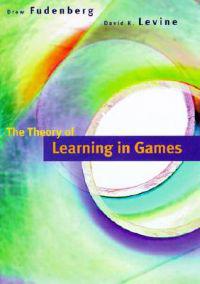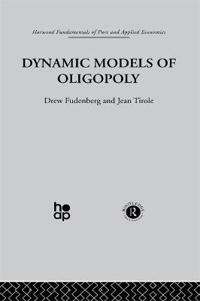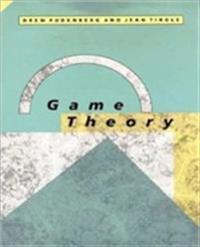The Theory of Learning in Games (Inbunden)
avDrew Fudenberg, David K. Levine, Drew Fudenberg
ISBN: 9780262061940 - UTGIVEN: 1998-05In economics, most noncooperative game theory has focused on equilibrium in games, especially Nash equilibrium and its refinements. The traditional explanation for when and why equilibrium arises is that it results from analysis and introspection by the players in a situation where the rules of the [...]
Dynamic Models of Oligopoly (Pocket)
avDrew Fudenberg, Jean Tirole, Drew Fudenberg
ISBN: 9780415771238 - UTGIVEN: 2002-05In October 2014, Jean Tirole capped a long career by scooping the Nobel Prize for Economic Science. Tirole's long career saw him make major contributions to industrial organization, game theory and financial theory and Dynamic Models of Oligopoly, co-authored with this long term collaborator Drew Fu[...]
Game Theory (Inbunden)
avDrew Fudenberg, Jean Tirole
ISBN: 9780262061414 - UTGIVEN: 199110This advanced text introduces the principles of noncooperative game theory - including strategic form games, Nash equilibria, subgame perfection, repeated games, and games of incomplete information - in a direct and uncomplicated style that will acquaint students with the broad spectrum of the field[...]





